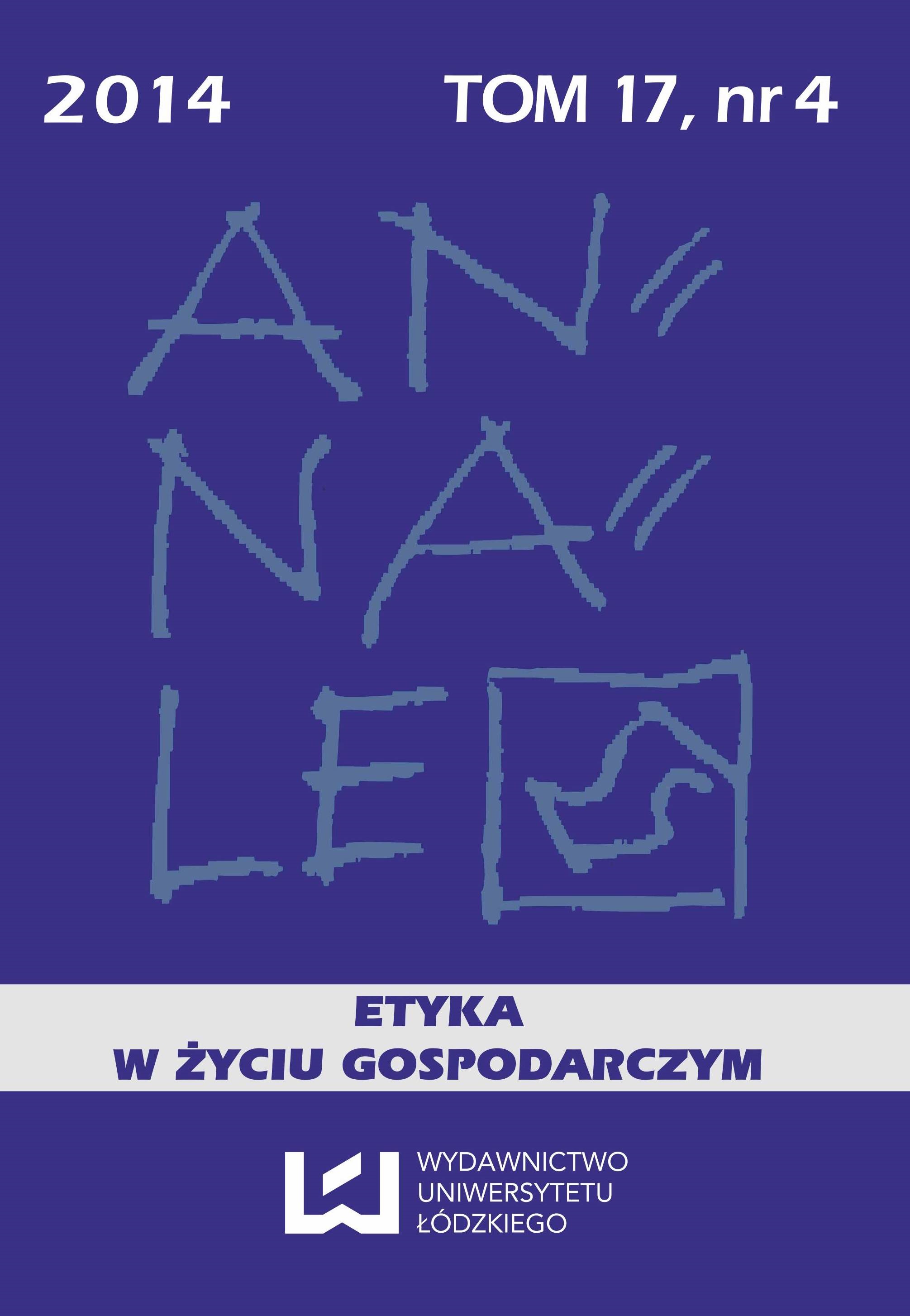Ethics in Islamic Economics
Ethics in Islamic Economics
Author(s): Faiçal Boutayeba, Mohammed Benhamida, Souad GuesmiSubject(s): Economy
Published by: Wydawnictwo Uniwersytetu Łódzkiego
Keywords: Ethics; Islam; Islamic economics
Summary/Abstract: The purpose of this contribution is to shed some light on the inter-relationships between ethics and economics in Islamic religion, and mainly to assert that ethics constitute endogenous phenomena in Islamic economics. In Islam, economic behaviours and transactions cannot be separated from ethics and values. The Islamic principles are intended to govern, direct and control human beings’ behaviours in their daily economic lives. They are aimed at helping people to distinguish between good and bad things while they do any economic activity. It is worth noting that the moral values in Islamic economics are derived from the main sources of Islam namely: the Quran (the holy book of Islamic religion) and Sunnah (the teachings and behaviours of the prophet of Islam: Muhammad PBUH§ 570-632 AD). Both of them represent the principal pillars of Shariah (Islamic laws and guidelines), which is seen by Muslims as the proper way to happiness, not only in economic life but in all aspects of life.
Journal: Annales. Etyka w Życiu Gospodarczym
- Issue Year: 17/2014
- Issue No: 4
- Page Range: 111-121
- Page Count: 11
- Language: English

